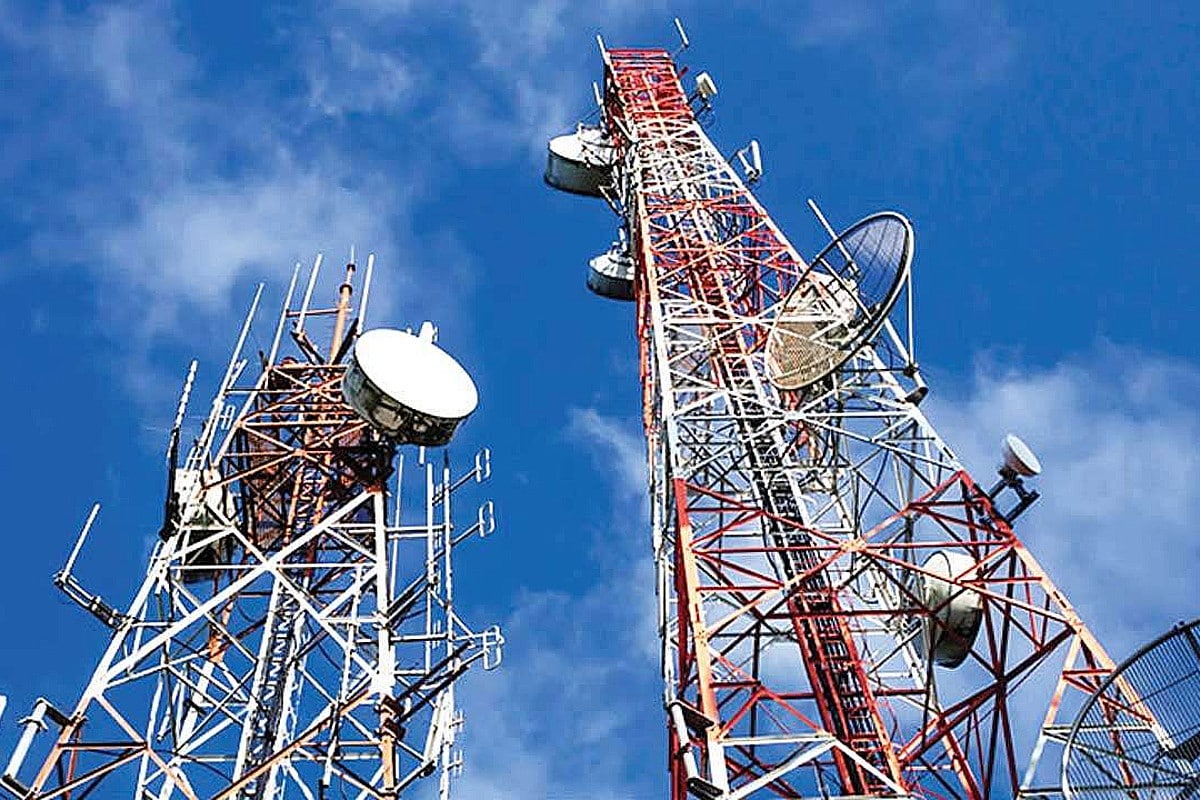
Amid the border clash with China, the central government announced on Wednesday that it could blacklist certain telecommunications providers and prepare a list of trusted providers from which equipment can be purchased.
The government’s move effectively means that certain Chinese telecom equipment suppliers may face new obstacles, as the telecommunications sector will have a list of companies from which companies can safely buy products and services.
Union Minister Ravi Shankar Prasad, addressing journalists, said the decision was made by the Cabinet Security Committee to “improve the security of the telecommunications sector” by appointing trusted providers. He declined to comment on whether the decision was made with China in mind.
Since the border clash in May this year, there has been growing concern that the use of telecommunications technology and equipment made in China could allow the country to snoop around India. There is also a growing awareness in India about the need to protect confidential data and keep it internally.
“The Cabinet Security Committee has approved the National Security Directive in the Telecommunications Sector. Under this, to maintain the integrity of the supply chain security, the government will declare a list of trusted sources / products in benefit of the providers of telecommunications services “Said the minister of Union, Ravi Shankar Prasad.
He added that companies will be able to buy telecommunications equipment from these reliable sources. “So there is a reliable source and there is an unreliable source,” he said, adding that it was an important step for national security. “Existing telecommunications equipment with the operators will not be affected,” he said.
Indian telecom providers have always relied on a mix of vendors, including Chinese giants such as ZTE and Huawei, but regulation has increased in the sector, particularly from the border row with China, as telecom infrastructure is considered part of the national security assets. Huawei Technologies Co. and ZTE Corp. will also stay out of India’s plans to roll out its 5G networks due to the sour relations between India and China.
In November, the government had banned 43 Chinese mobile apps for activities “detrimental to the sovereignty and integrity of India, the defense of India, state security and public order.” On June 29, the government blocked access to 59 Chinese apps, including the very popular TikTok and UC Browser, and on September 2, another 118 apps, including PUBG Mobile, WeChat Work, Baidu, and others, were banned under of section 69A of the IT Act.
The move was based on “full reports received from the Indian Cybercrime Coordination Center, Home Office,” a government statement said.
.